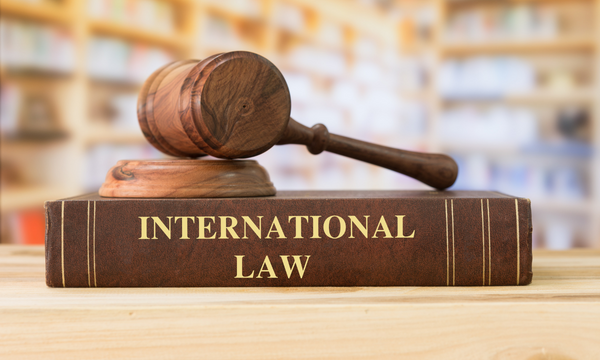
Exploring the Role of International Law in Global Governance


International law plays a crucial role in global governance, regulating the interactions between states and promoting cooperation, peace, and justice. It provides a framework for resolving disputes, protecting human rights, and addressing global challenges such as climate change, terrorism, and cybercrime. In this article, we will explore the significance of international law in global governance and its challenges and limitations.
International law refers to the rules and principles that govern the relations between states, international organizations, and other actors in the international system. It covers a broad range of issues, including human rights, trade, environment, and armed conflict. International law is derived from various sources, such as treaties, customary practices, and judicial decisions, and is enforced through various mechanisms, such as diplomatic negotiations, arbitration, and international courts.
One of the main benefits of international law is that it provides a common language and framework for states to interact and cooperate with each other. It sets out clear rules and procedures for resolving disputes and managing conflicts, which helps to prevent conflicts from escalating into violence. For example, the United Nations Charter establishes principles such as the prohibition of the use of force and the obligation to settle disputes peacefully, which have helped to prevent major wars since the end of World War II.
International law also plays a critical role in promoting and protecting human rights. The Universal Declaration of Human Rights, adopted by the United Nations General Assembly in 1948, is a landmark document that sets out a broad range of civil, political, economic, social, and cultural rights that should be enjoyed by all individuals. International human rights law has evolved significantly since then, and numerous treaties and agreements have been established to protect vulnerable groups such as women, children, and minorities.
Despite its importance, international law faces several challenges and limitations in its application. One challenge is the lack of universal acceptance and compliance by states. Some states may reject certain international norms or refuse to abide by them, citing reasons such as national sovereignty or cultural differences. For example, the United States withdrew from the Paris Agreement on climate change in 2017, citing concerns about economic competitiveness.
Another challenge is the difficulty of enforcement. Unlike domestic law, international law does not have a centralized enforcement mechanism, and relies on the cooperation of states to implement and enforce its provisions. This can be particularly challenging in cases where powerful states have an incentive to violate international law, such as in cases of territorial disputes or military interventions.
Conclusion
International law is a crucial tool for promoting cooperation, resolving disputes, and protecting human rights in the global community. The challenges and limitations facing international law highlight the need for continued efforts to strengthen and improve the effectiveness of this important aspect of global governance.

